Peng Yuyan’s new work, surprises and disappointments coexist

Time Editorial Department | Hidden Drink
Heal life with movies.
The new films of the Dragon Boat Festival have been introduced to everyone one after another. I don’t know how many you have watched? Today, Shi Guang is here to talk about the most literary and artistic Chinese crime film in the entire schedule – "Tropical Past".
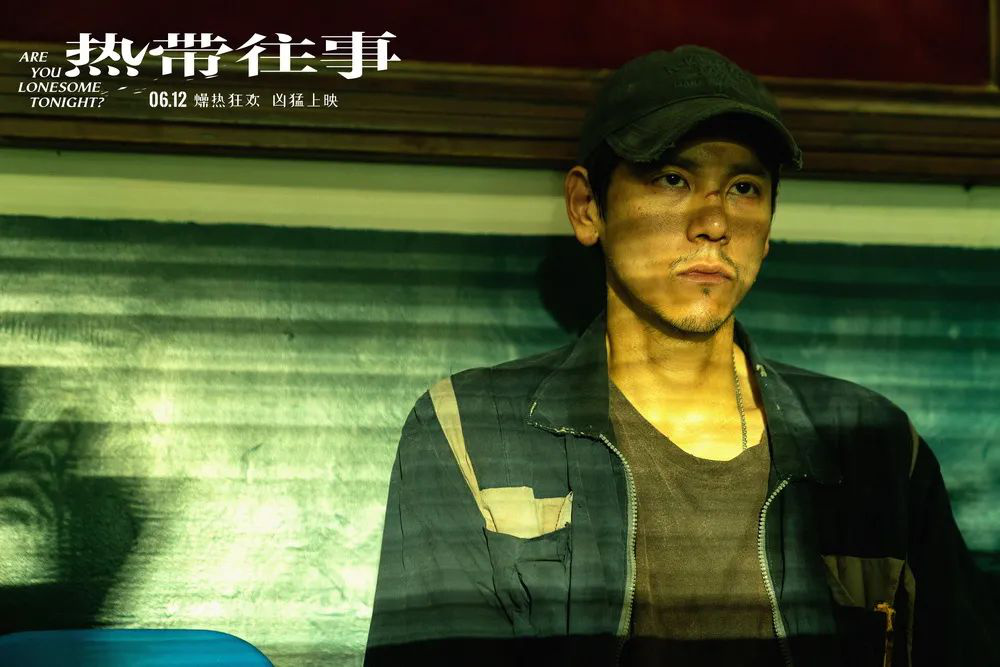
Ning Hao’s producer, Peng Yuyan, Zhang Aijia, Wang Yanhui, and Zhang Yu were starring. Just looking at the names of the creators behind the scenes in front of the stage was enough to attract people. What made people even more eye-catching was the movie’s trailer and poster.
The rich colors of light and shadow are blurred and retro, and the sultry and humid summer night in the south is approaching, conveying an indescribable ferocity and heat. In the short preview, the large-scale violent footage is quite eye-catching.
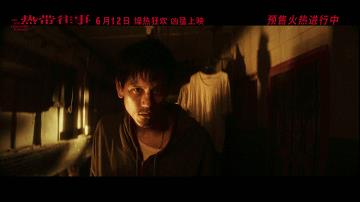
The lingering and seemingly unspoken feelings between Peng Yuyan and Zhang Aijia also made people very curious. Peng Yuyan was so thin that his vertebrae protruded, which made people gasp for breath. It seemed that he was "abused" again this time.
Take a look at the director Wen Shipei, a name that is still a little unfamiliar to movie fans. "Once Upon a Time in the Tropics" is his directorial debut. The film is also the latest work of the "Bad Monkey 72 Change Film Project" initiated by Ning Hao, which has promoted famous directors such as Wen Muye and Lu Yang.
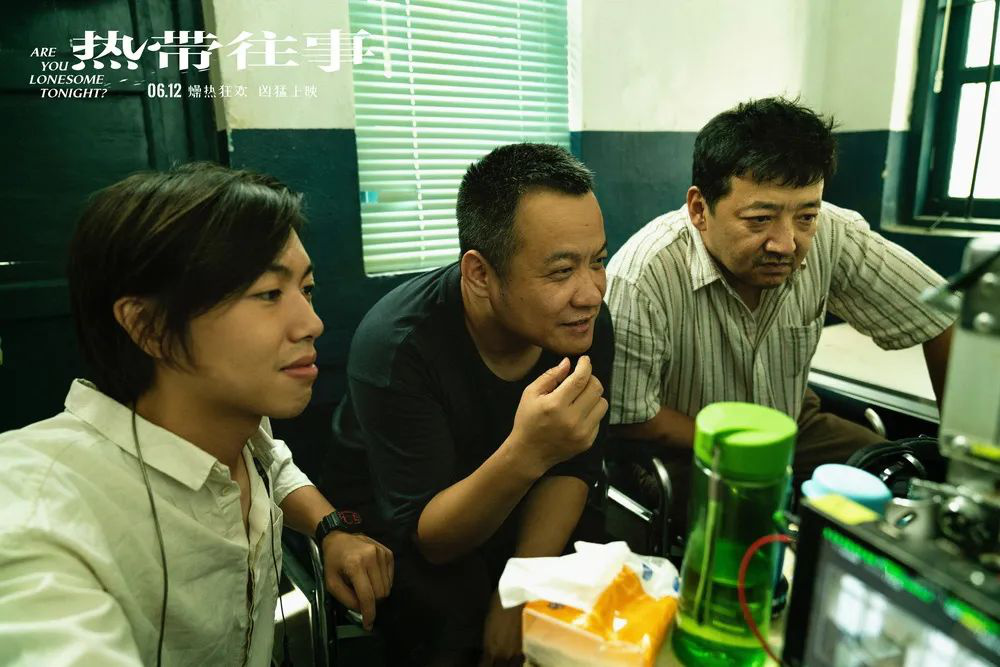
After watching the whole film, Shi Guang’s harvest is a sense of surprise and disappointment. "Once Upon a Time in the Tropics" is actually a bit like a low-end version of "The Wild Goose Lake". The similarity between the two is that the director’s exploration of audio-visual language is better than the story itself. However, director Diao Yinan is obviously more mature and better at complex audio-visual design. Director Wen Shipei’s personal style is more unique and obvious, and he prefers to use audio-visual language to assist and strengthen the narrative.
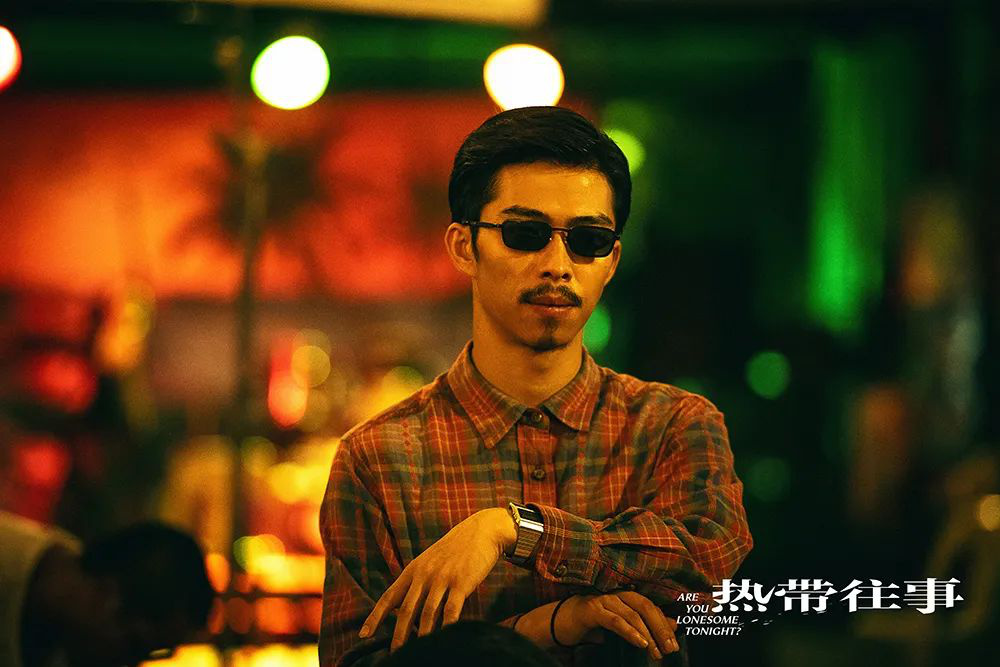
As a director’s debut, the completion of "Once Upon a Time in the Tropics" is still worthy of recognition, but the overall "form outweighs content".
The jumping narrative style, weak story, and flat supporting roles have made the film’s reputation slide towards imperfection and full of shortcomings. (There are a few spoilers below)

Lonely Song
"Once Upon a Time in the Tropics" tells a bizarre story of crime and redemption. The film is based on Peng Yuyan’s role as the suspect Wang Xueming as the first perspective. It is a rare "suspect’s perspective" in Chinese crime films.
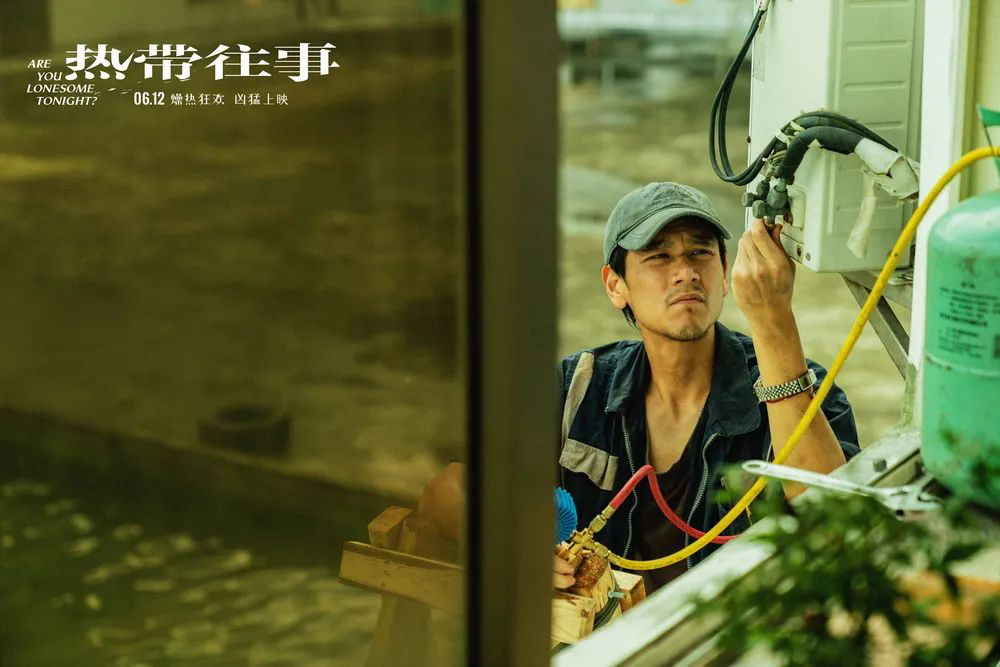
Wang Xueming used to be a seemingly ordinary air conditioner repairman. He recalled the past in solitude in prison, but the past became more and more noisy and blurred. From the beginning of the film, the shot of the cow lying by the roadside hints at the unpredictable and accidental fate of the protagonist.
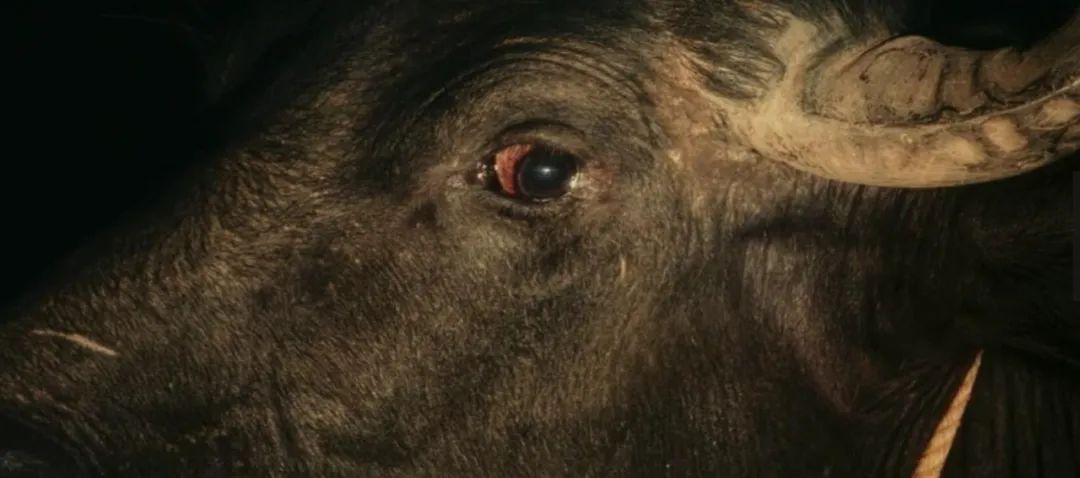
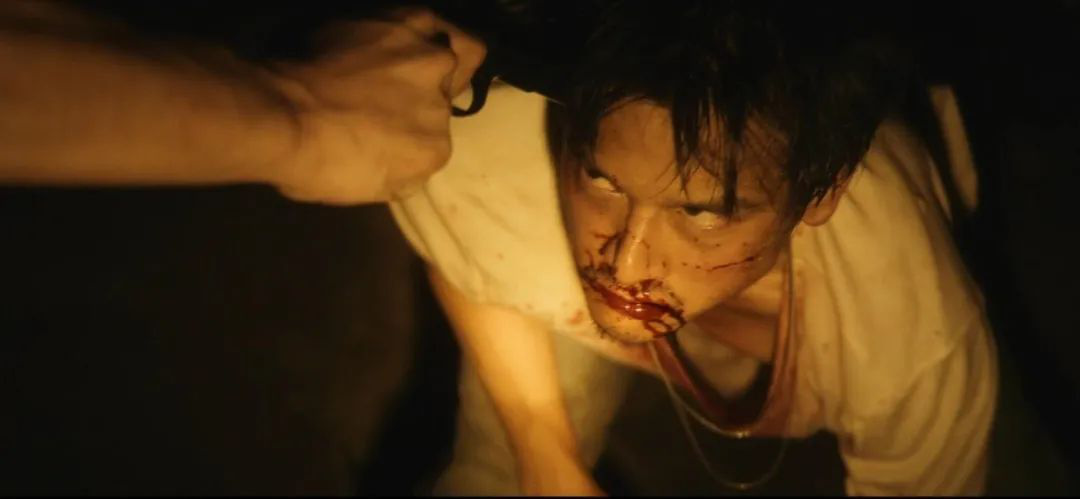
In the eyes of the male protagonist, there is a kind of beast-like ferocity and hesitation like a battle of trapped beasts. Zhang Aijia plays Liang Ma, a middle-aged woman who has lost her husband. Before that, she had accidentally lost her son.
Wang Xueming thought he had accidentally killed Liang’s mother’s husband, Lao Liang, but he didn’t expect to be involved in a more complex homicide.
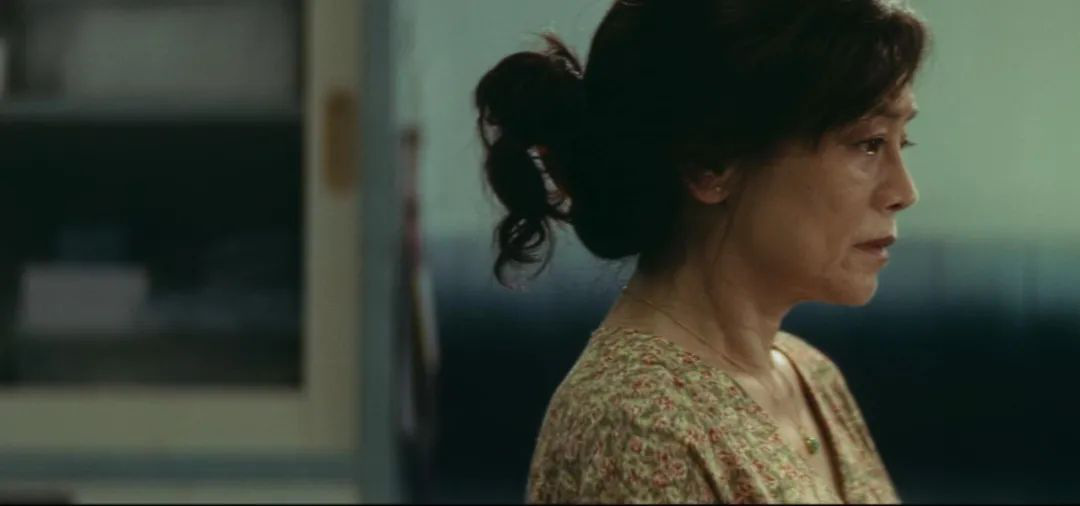
The scene was well filmed: Ms. Liang’s friends flocked to her, expecting her to be devastated.
However, in the face of those real or fake comforts, she twitched the corners of her mouth, tried to create a smile, and only said "I can’t cry".
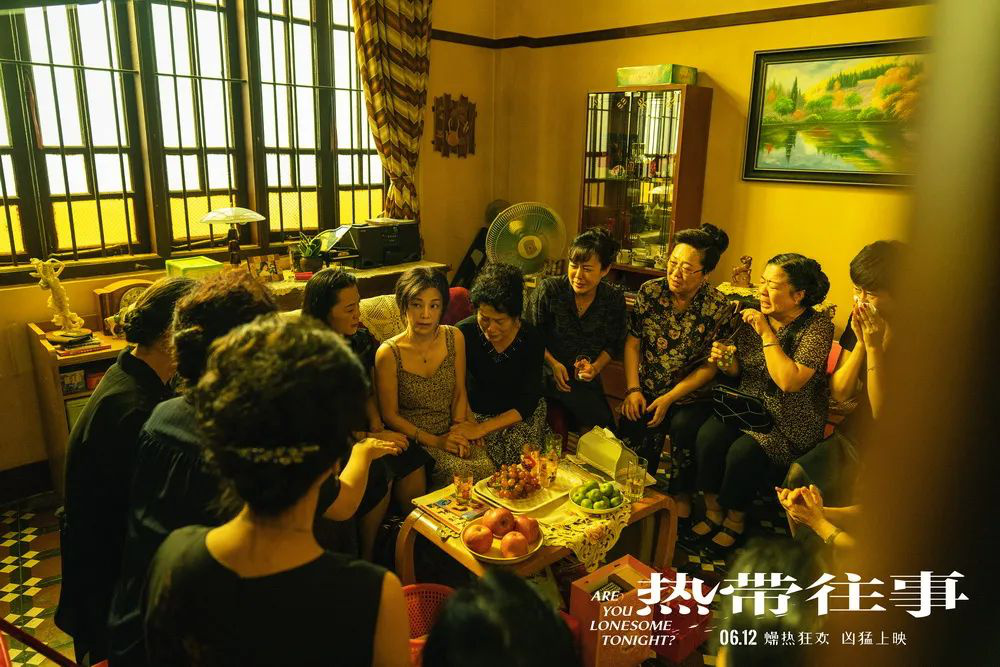
Only when no one was around would she cry out loud. Wang Xueming was tortured by his conscience, and he longed for redemption. Taking advantage of the opportunity to repair the air conditioner, his life with Liang Ma unexpectedly intersected. After going back and forth, Liang Ma opened her heart to this stranger, and the single middle-aged widow’s life was empty.
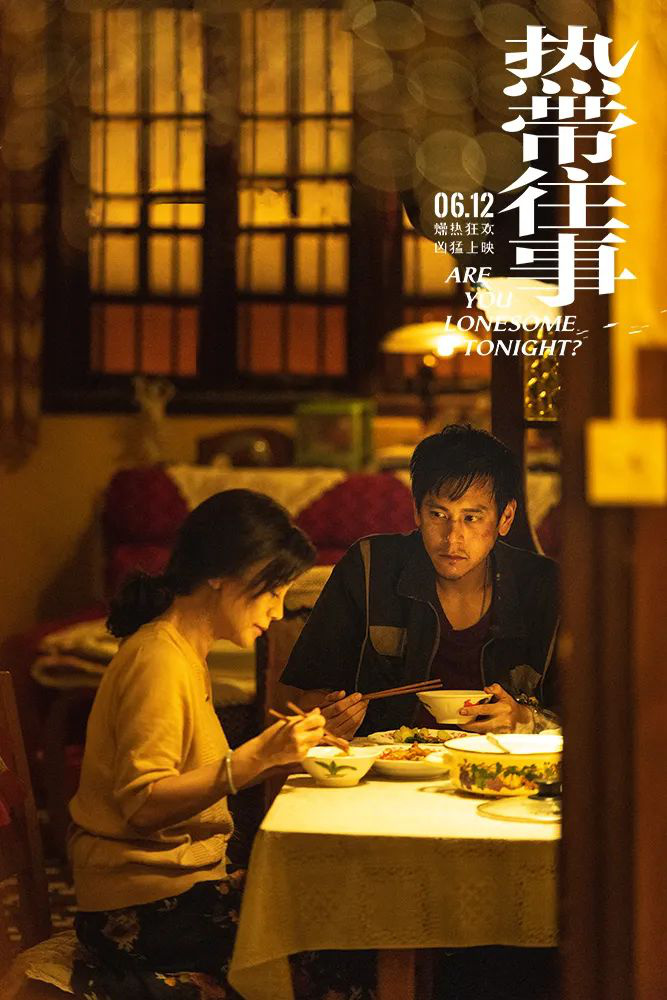
She even kept Wang Xueming for a meal, because "with two people, I can still make a good meal." Under the warm yellow light, this was a short-lived warmth of the suspect and the victim’s family, full of irony and black humor. In the hot summer of Guangzhou, the broken air conditioner had not been repaired, and in the sultry heat that the fan could not blow through, the shoulder straps of Liang’s skirt slipped off inadvertently, and Wang Xueming’s whole body was soaked in sweat.
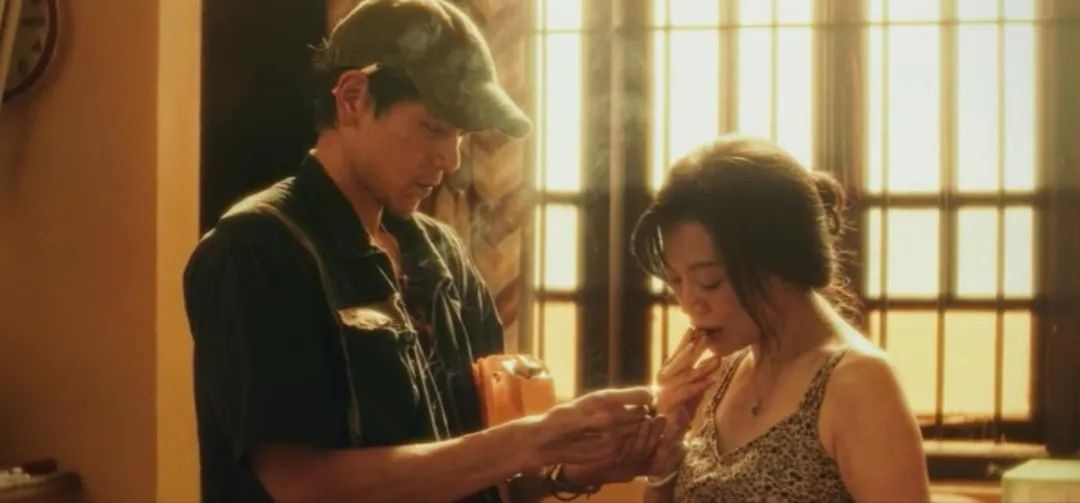
In some moments, the thin young man in front of her reminded her of her son, and in other moments, the relationship between the two revealed a dangerous and ambiguous atmosphere. A lit cigarette cut through this ambiguity, making people can’t help but guess that something will happen to them, but everything comes to an abrupt end. The base color of the whole movie is actually about two people who are deep in "loneliness".

Wang Xueming looked more like an orphan. He lacked love and was only in love with his girlfriend. He chose to repair air conditioners as a career, which would allow him to go to someone else’s house and temporarily become a part of that family, so as to feel’love ‘. In Peng Yuyan’s own words, these were two lonely people who wanted to rely on each other, not caring who the other was or what they had experienced, as long as they could keep warm.
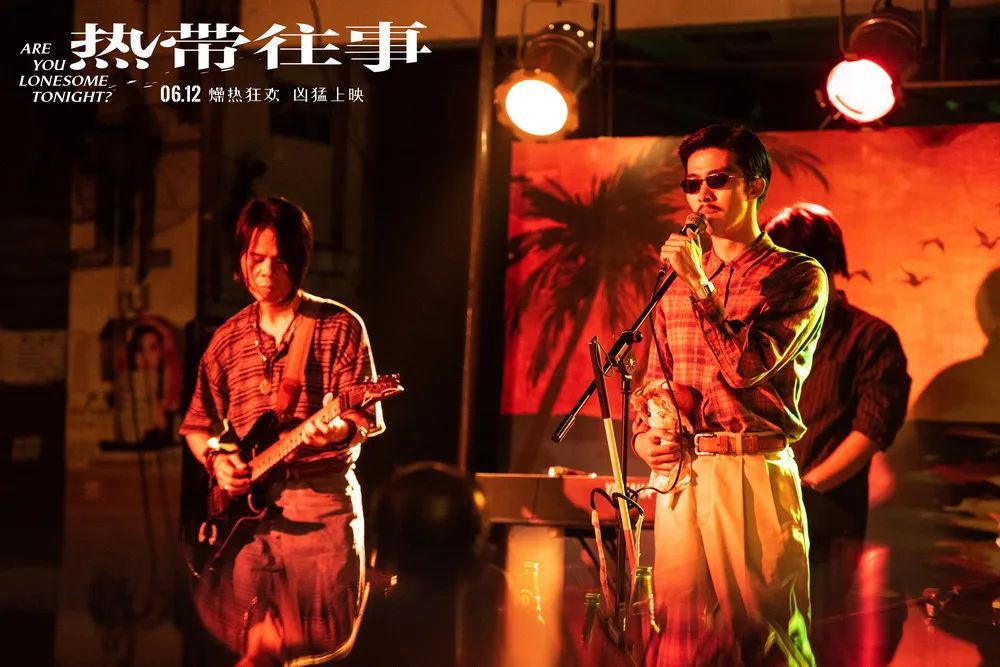
The English title "Are You Lonesome Tonight?" is also a song of the same name that is repeated in the film. It is sung by the blind singer played by Zhang Yu, which has a special flavor. This old song sung by Elvis Presley appeared in "Guling Street Youth Murder" directed by Yang Dechang.
Used here, it is not only a tribute full of mystery, but also points out the essence of the "loneliness" of the relationship between the male and female protagonists.

Great atmosphere
As mentioned earlier, the film’s outstanding feature is the audio-visual language. The film creates a strong atmosphere, just like the title, full of a strong "tropical" atmosphere.
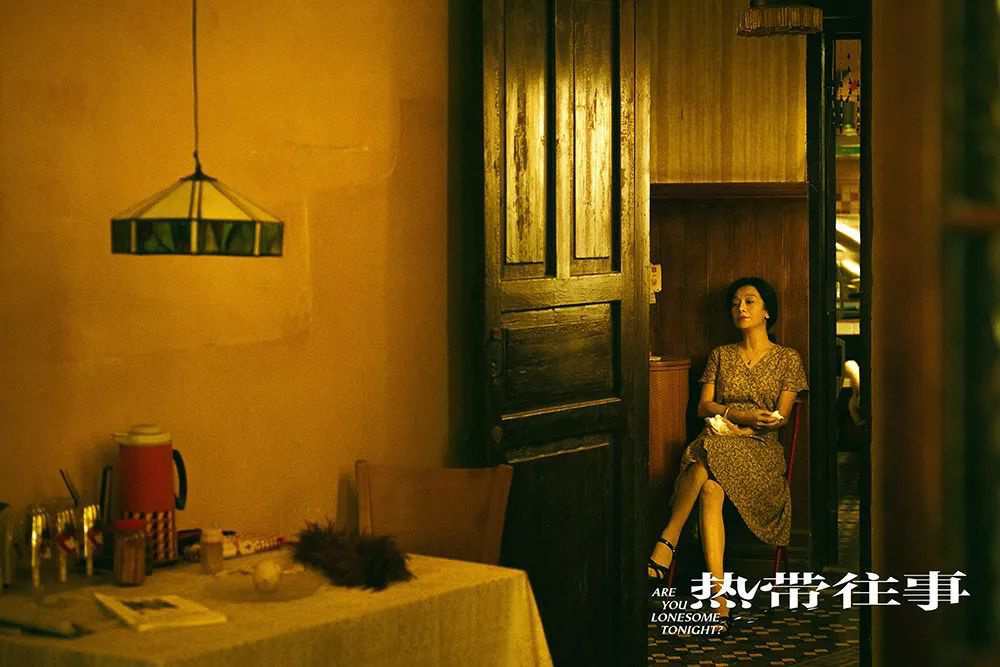
The torrential rain pouring down in the film, the damp clothes on the protagonist, the slight reflection of sweat on the skin, the broken air conditioner and the constantly turning fan, the ubiquitous chirping of cicadas, and Peng Yuyan’s bare upper body…
The director is adept at using details to outline the humid, hot and restless southern summer fascination of Guangzhou. Even in the air-conditioned cinema, the audience can instantly feel it.
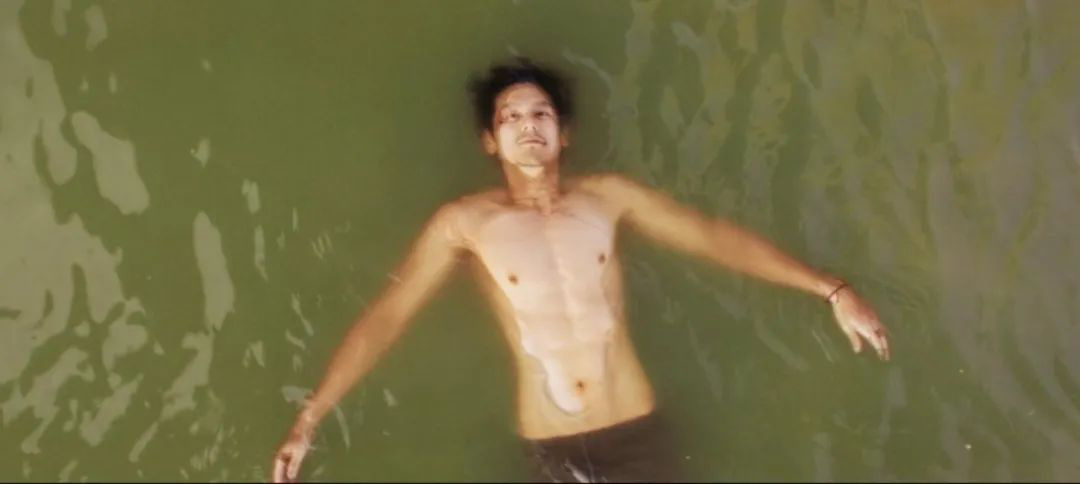
This atmosphere contributed to the story, as the preview said, "That summer was particularly hot. The weather was hot, and people were hot, and when people were hot, they were restless."
Whether it is the low-light photography style or the highly saturated neon lighting, the film’s colors are intense and retro.
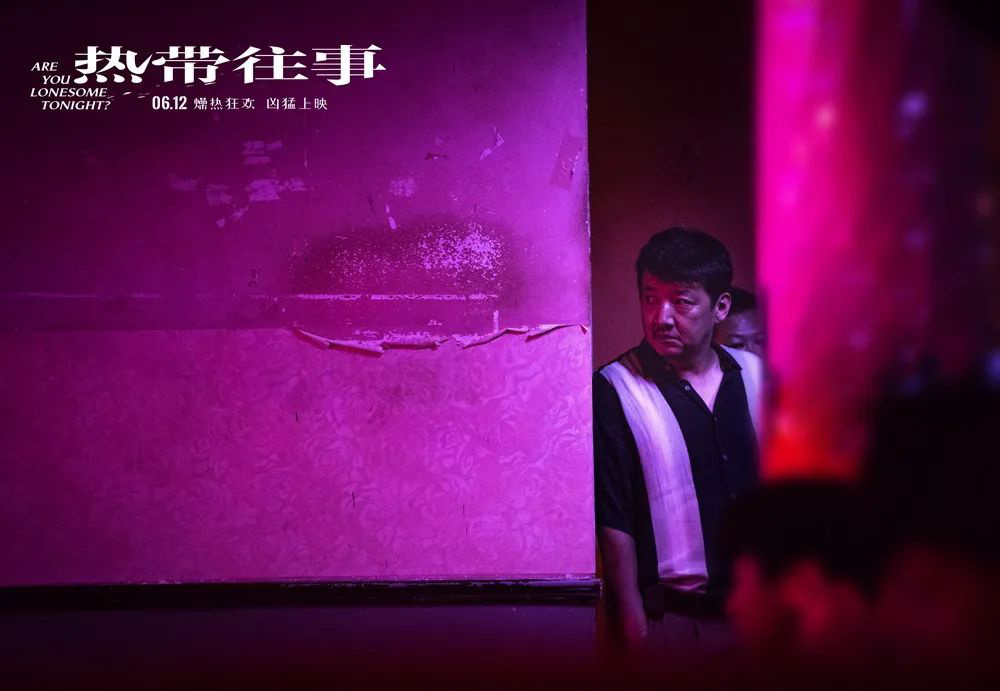
The widespread use of dark red tones exacerbates this dangerous, blurry, and bloody atmosphere.
Some of the shots in the film exhibit rough noise and a unique glass-like texture.
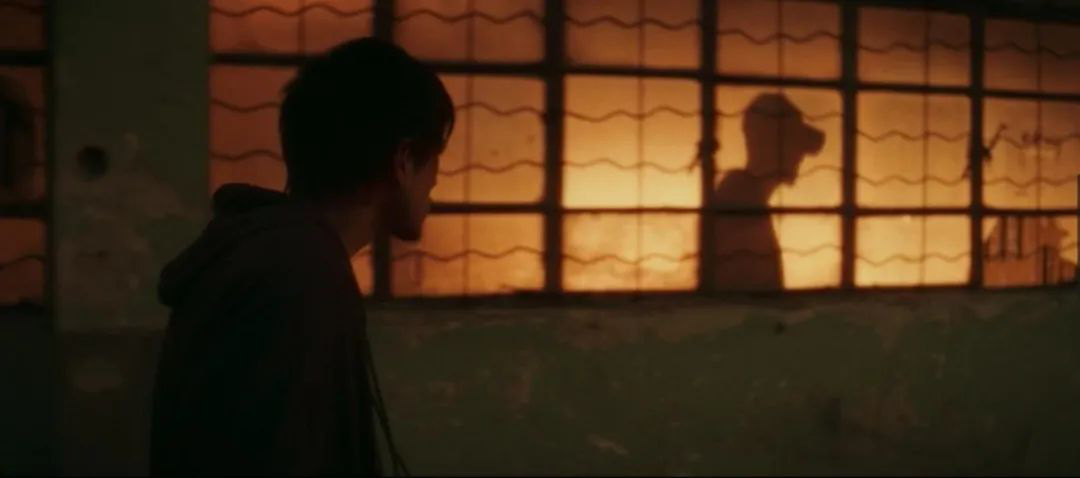
"This movie is about remembrance and redemption," the director explained. "I have the impression that memories should be vague, even unreliable."
"So we chose a very antique lens, and then the director of photography put a layer of stockings on it, not just a filter shot."
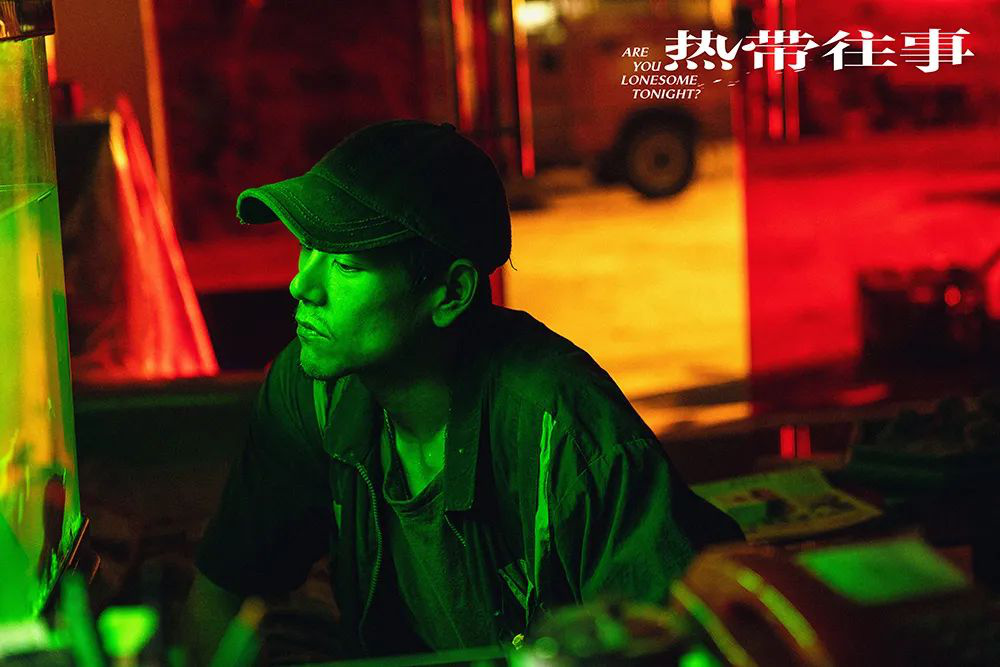
Indeed, the cinematographic style of this film can be said to be unique among recent domestic films. Under the shell of violent crime films, there is also a beautiful dream like the past. In terms of performance, Zhang Aijia’s performance seems to be light, and her micro-expression processing can be described as "delicate".
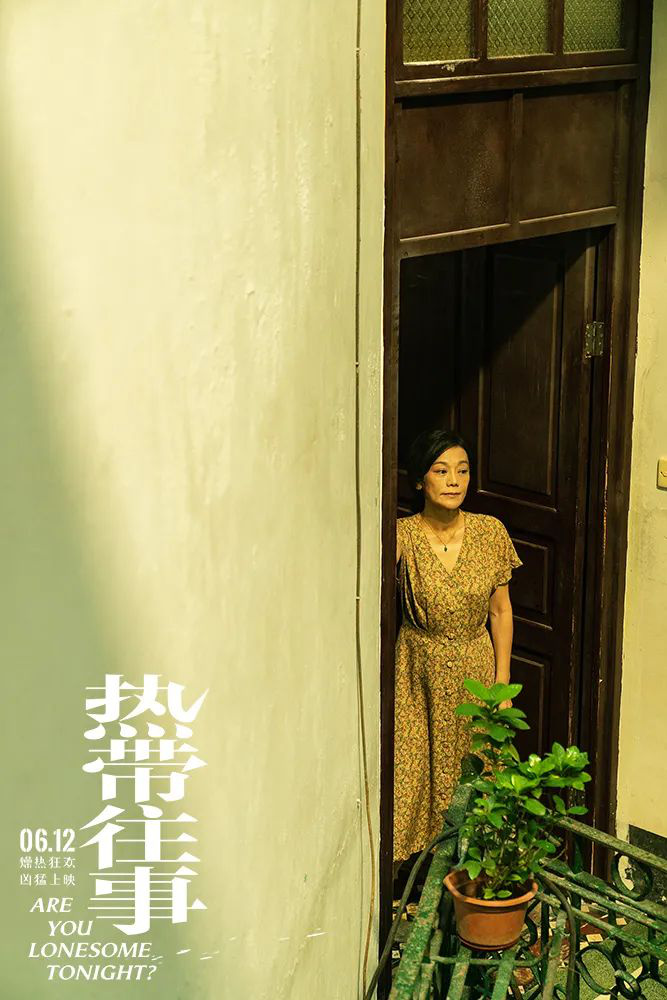
Peng Yuyan lost a full 16 kilograms this time, and broke out with a makeover of his acting skills.
With his thin body and decadent eyes, he was finally no longer a spiritual boy with tendons, but a borderline man, although his face was still a little too handsome.
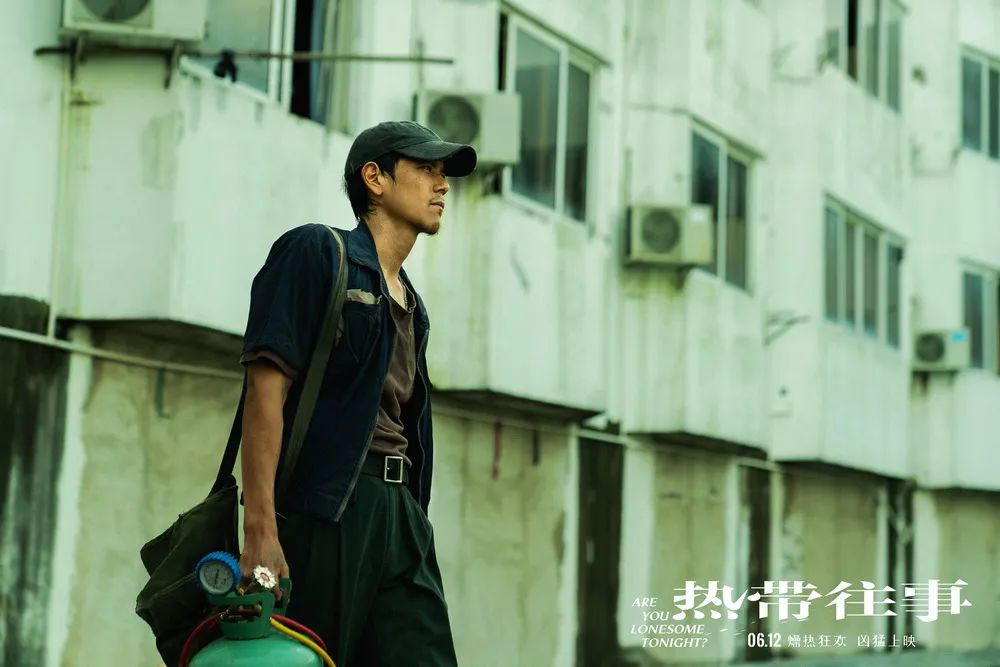
The role of Wang Xueming is full of a sense of self-condemnation and depression, and Peng Yuyan has well grasped this inner pain and suffering mental state.

shortcomings
We have mentioned many advantages earlier, but let’s talk about the shortcomings of "Once Upon a Time in the Tropics".
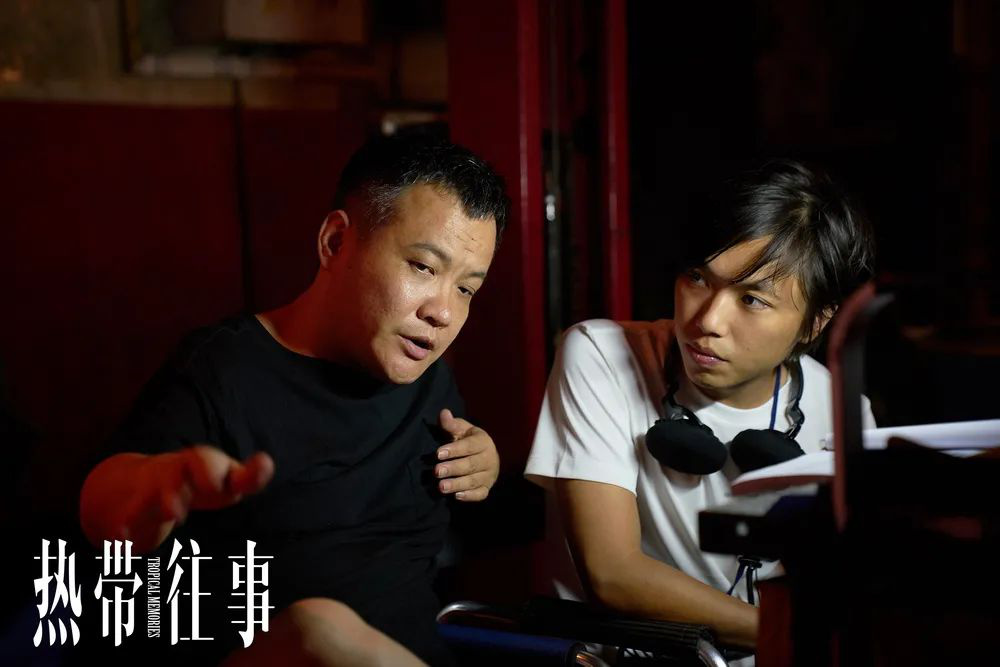
The director presents the story by constantly interpolating and flashbacks, and even changing the narrator’s perspective. The narrative is multi-line collage, which includes elements of tribute to the executive producer Ning Hao’s "Crazy Stone." But this kind of fragmented editing that is half-covered and disrupts the timeline may not be friendly to the average audience, and it is easy to cause difficulty in understanding or confusion in details.
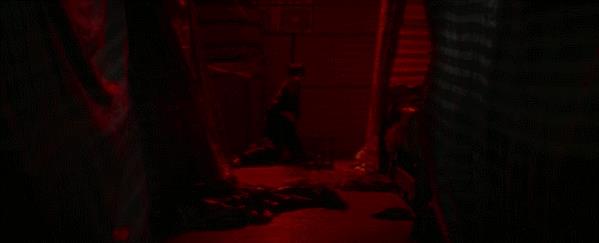
In the second half of the film, there are a lot of unexpectedly bloody and violent scenes. Coupled with the design of sharp and heavy bass, the suspense atmosphere is very hard to create. But the sound effect is a bit excessive, which inevitably appears to overwhelm the guests, and gives people a deliberate sense of deliberately creating suspense, which is a bit "mysterious".
Behind the full audio-visual effects, it is difficult to hide the paleness of the story and the flatness of the character portrayal.
The core of the film is about "redemption", but the director’s understanding of "redemption" seems to be a bit one-sided.
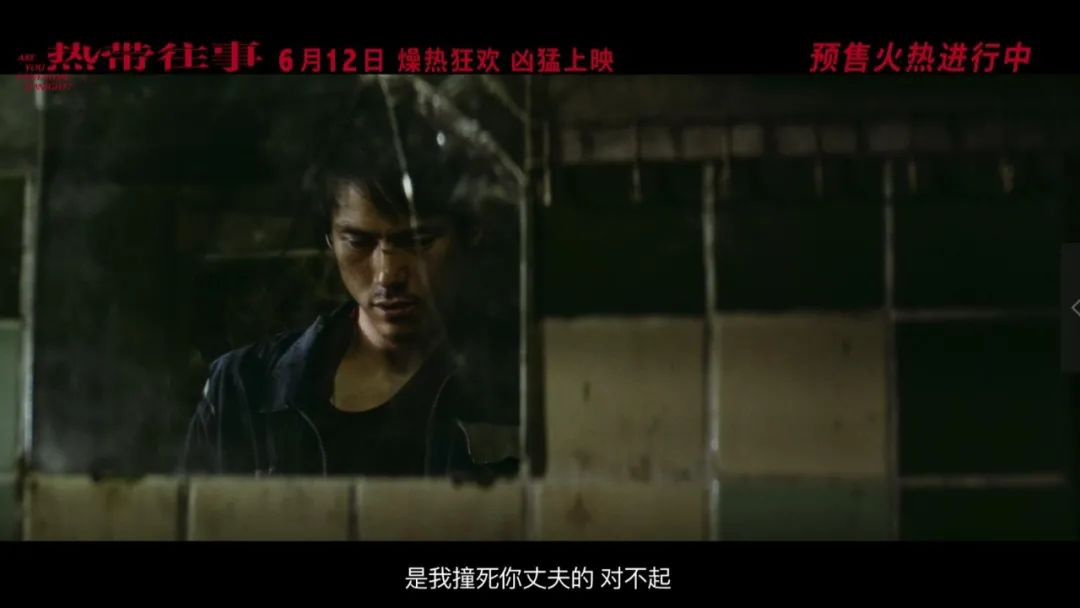
In the final teaser, Wang Xueming says, "I killed your husband. I’m sorry." In the movie, this sentence is not just a self-talk, but he tells Liang’s mother in person. Although this face-to-face confession is very dramatic, it undermines the credibility of the story. If the sentence "I’m sorry" is a heavy human life, the suspect may not be so easy to say.
Besides, it’s futile to say it, do you want the victim’s family to say "it’s okay"?
This "I’m sorry" should have been hidden in the bottom of my heart forever, and my conscience was tortured and I couldn’t say it, so that the weight of self-blame would be heavy enough.
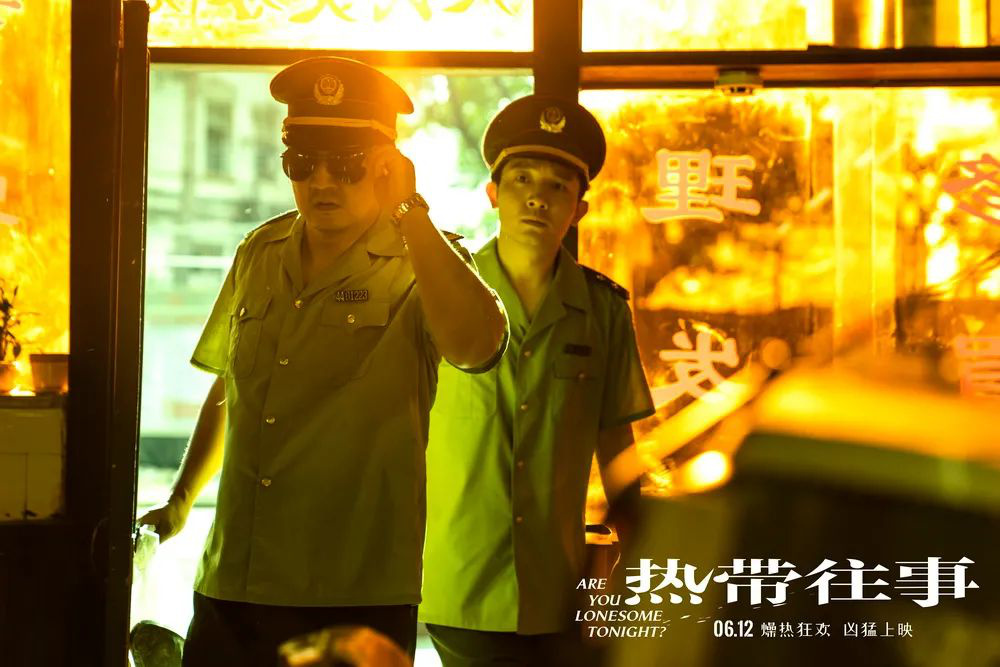
Except for Peng Yuyan and Zhang Aijia, the other characters are almost reduced to "tool people", and the police officer played by Wang Yanhui does not have much room to play. The story lines of "Wang Xueming’s girlfriend" and "Shadow Killer" are so endless that people can’t figure it out.
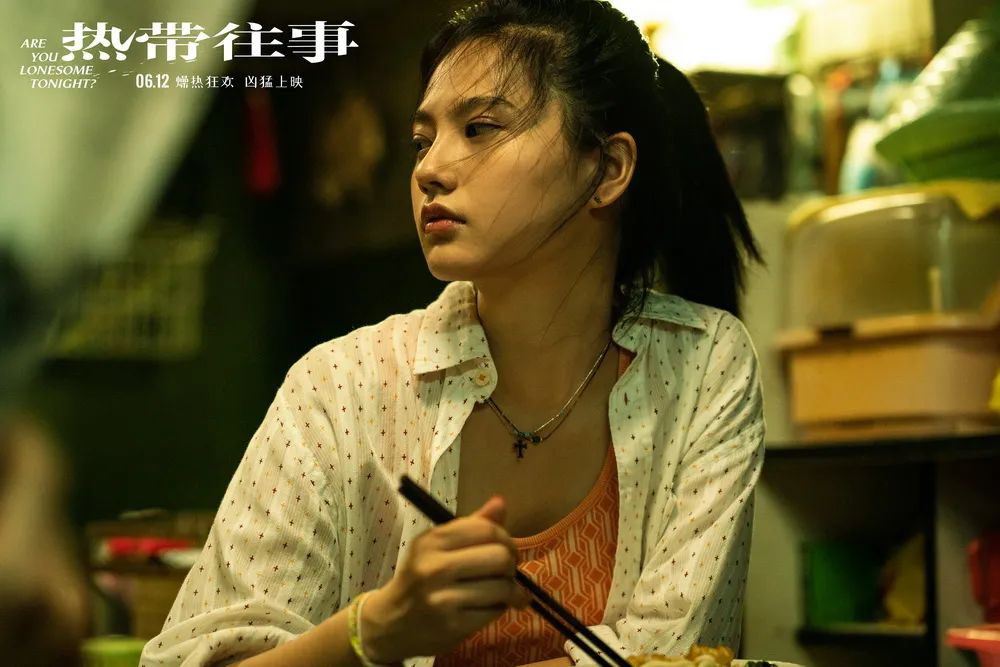
In the second half of the film, the assassin who appeared in a flash was actually an important figure in the plot, but there were almost no lines throughout the whole process, and the motivation of the character was also very vague. At first, Shi Guang didn’t even recognize this new character, thinking that it was Zhang Yu’s blind man who took off his sunglasses.
Finally, I want to say that the reputation of "Tropical Past" is easy to fall into a situation that is not flattering on both sides.
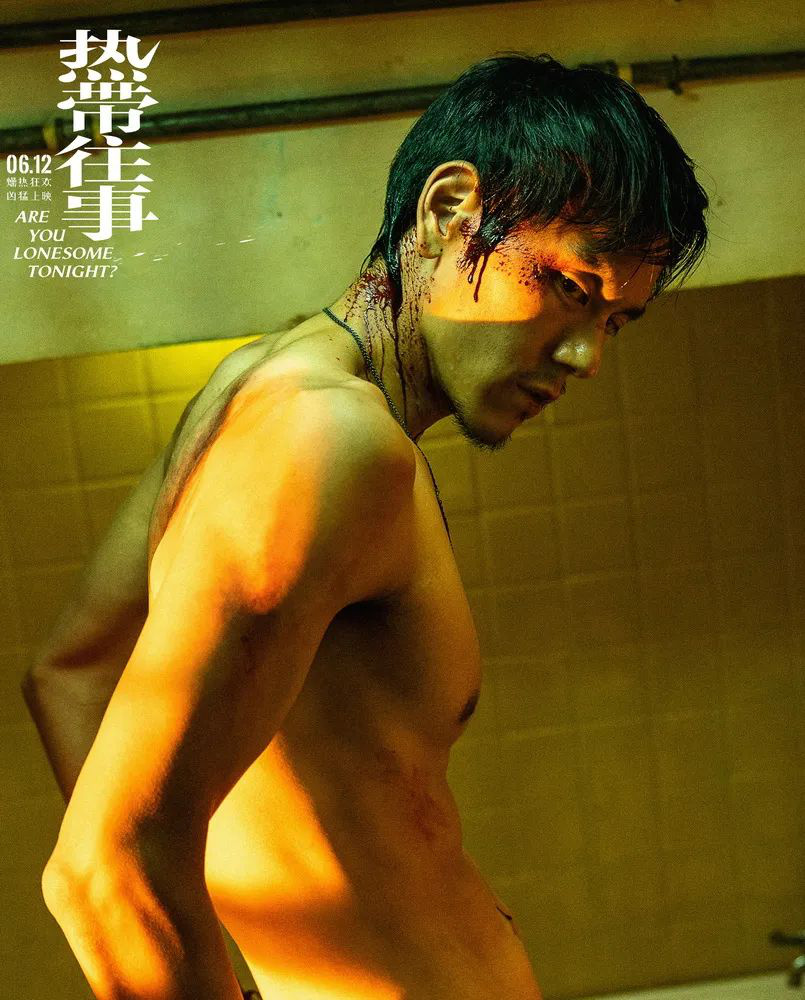
As a literary film, it has highlights, but its reputation is not so strong. As a genre film, the narrative and story are a bit dissuasive to the audience.
Zhang Aijia said at the film’s premiere: "This film is about an emotion, a feeling, but you can’t explain it clearly. I don’t think you need to explain so much, just feel it." This sentence is you taste it, you taste it carefully, in fact, it is quite right. Just feel the atmosphere and emotions, and don’t bother about the story.